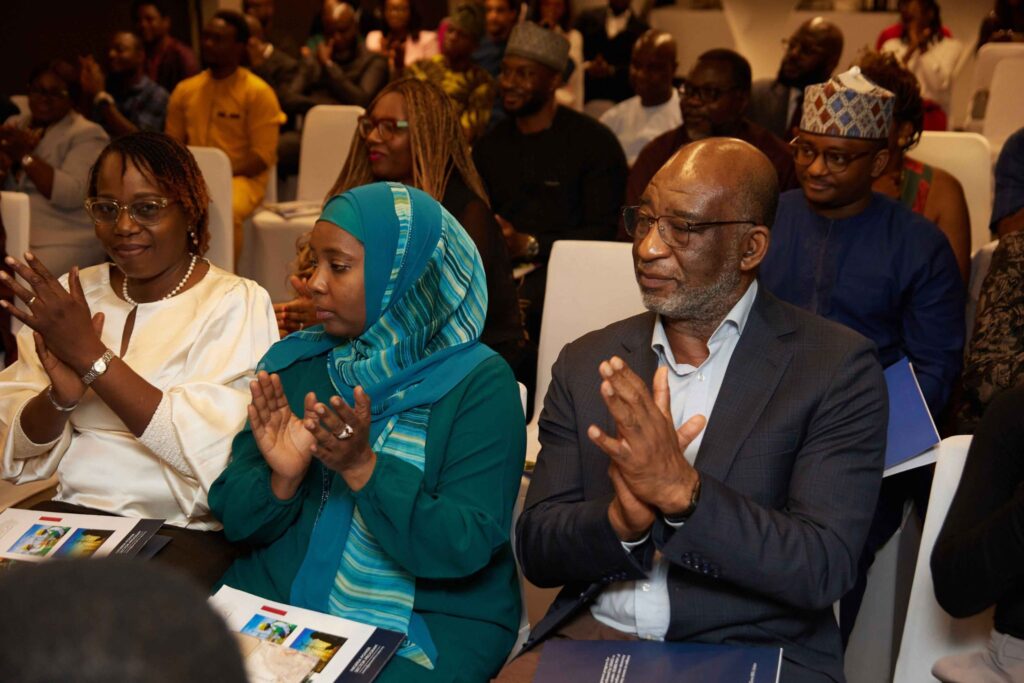On Monday, July 8, 2024, the Electricity Hub co-hosted a significant fireside chat in collaboration with Power Africa. The event featured Richard Nelson, the Power Africa Coordinator, and gathered a select group of power sector stakeholders to review the impact of the Power Africa-Nigeria Power Support Programme (PA-NPSP) over the past decade.
Representatives from distribution companies, development partners, regulatory bodies, transmission stakeholders, advocacy groups, and private sector companies attended the event. Here are six key lessons from the event:
Focus on Closing Electricity Access Gaps
Power Africa has made significant strides in addressing electricity access gaps across Africa, utilizing both on-grid and off-grid solutions. This dual approach ensures that even the most remote areas can benefit from reliable power sources, thus fostering economic and social development.
Adaptive Solutions to Meet Local Needs
A critical aspect of Power Africa’s strategy is its commitment to adaptive solutions that align with local needs and preferences. By empowering communities to determine their specific electricity requirements, Power Africa ensures that its interventions are both relevant and sustainable. This approach not only closes access gaps but also enhances the overall efficiency of power delivery.

Significant Milestones in Bridging Access Gaps
Over the past decade, Power Africa has facilitated 5 million electricity connections in Nigeria. This milestone underscores the program’s effectiveness in expanding access to electricity and improving the quality of life for millions of Nigerians. The achievements highlight the importance of sustained investment and strategic partnerships in the power sector.
Importance of Electricity Cost Management
One critical challenge in closing electricity access gaps in Nigeria is the cost of electricity. Efficient and effective service delivery within the power sector value chain hinges on managing and offsetting these costs. Without addressing the financial barriers, ensuring reliable and widespread electricity access is difficult.
Consumer Awareness and Responsibility
The event highlighted the necessity of consumer awareness regarding the importance of paying for electricity as a service. Accumulating debts within the value chain can severely hinder delivering quality power services. Educating consumers about their responsibilities can help maintain a sustainable power sector and prevent service disruptions.
Training and Development in the Power Sector
Training and continuous professional development are pivotal for driving positive change in the power sector. Industry-specific knowledge equips professionals with the tools to implement best practices and innovate solutions. Furthermore, focusing on training, research, and development for young Nigerians can create a ripple effect, fostering a generation of informed and proactive stakeholders in the power sector.
In conclusion, the fireside chat underscored the remarkable progress made by Power Africa in closing electricity access gaps in Nigeria over the past decade. With a focus on adaptive solutions, cost management, consumer responsibility, and continuous training, the program has set a solid foundation for future advancements.
As Nigeria continues to develop its power infrastructure, the lessons from this event will be crucial in guiding ongoing efforts to ensure sustainable and widespread electricity access for all.